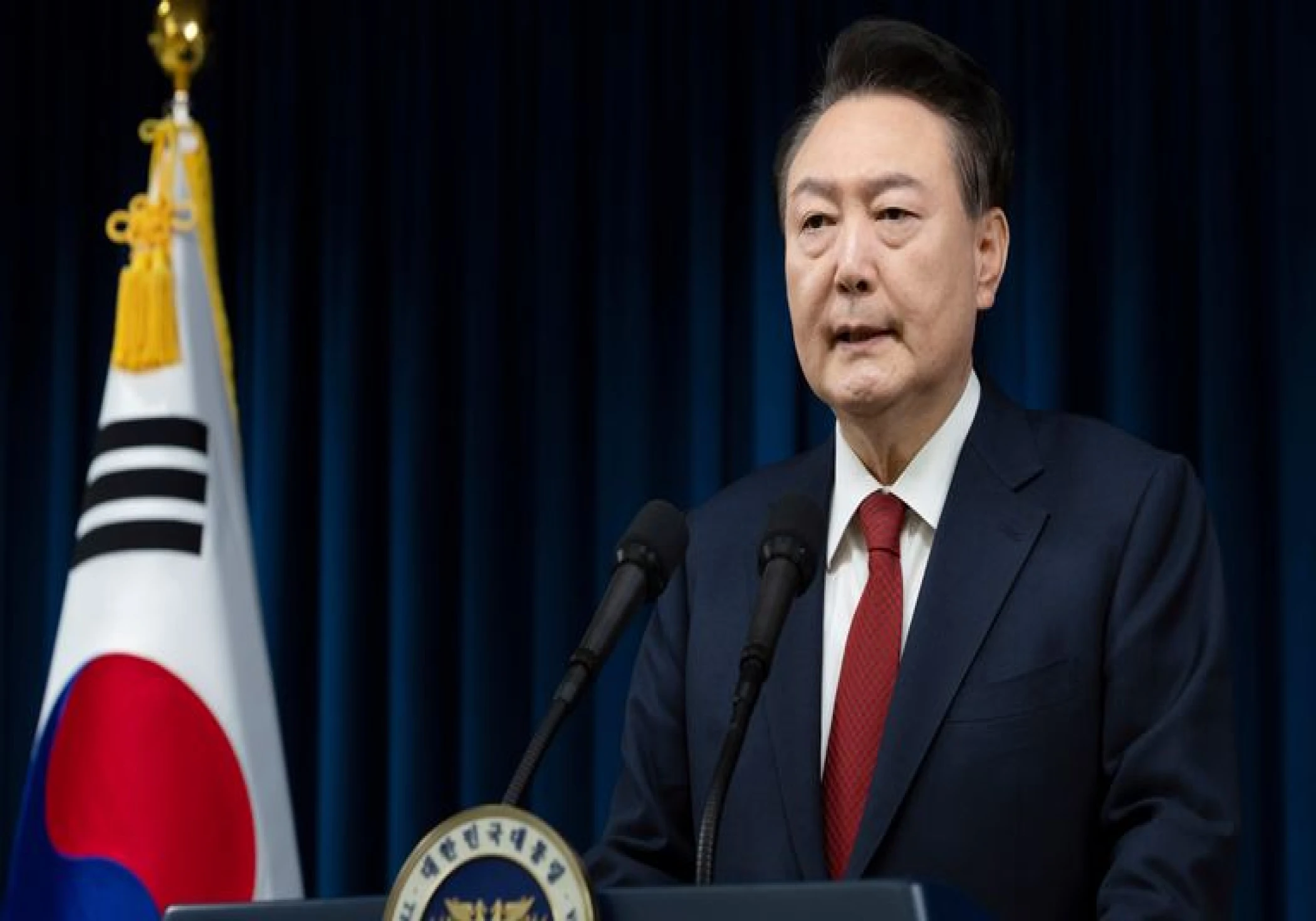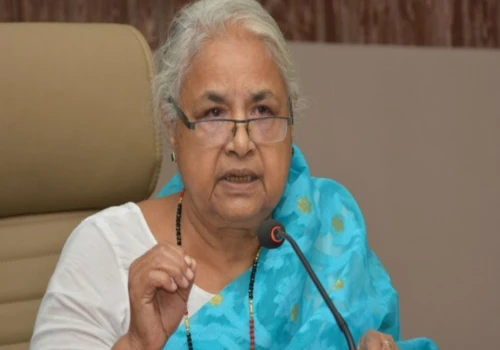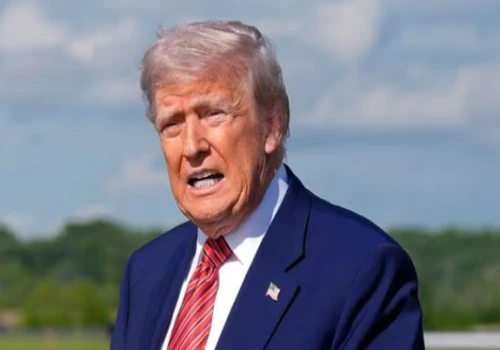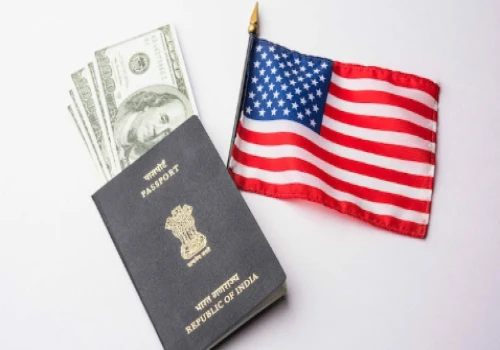
Following a weeks-long standoff, hundreds of police and anti-graft investigators entered South Korea's presidential palace, leading to the arrest of ousted President Yoon Suk Yeol on Wednesday for his unsuccessful effort to impose martial law.
The country's first sitting president to be arrested is Yoon Suk Yeol, who was impeached and charged with rebellion for his brief attempt to declare martial law last month. Before dawn on Wednesday, hundreds of police officers and Corruption Investigation Office detectives had poured up the driveway to the presidential home, with some climbing back trails and scaling perimeter walls to get to the main building.
After a heated, hours-long standoff with officers of Yoon's official Presidential Security Service (PSS), who refused to move when investigators attempted to execute their warrant, the initial attempt on January 3 failed.
Yoon’s arrest has intensified political divisions in the country. Opposition leaders have condemned the alleged plot, calling it a betrayal of the people’s trust. Kim Min-jung, a senior member of the Democratic Party, said, “This is a dark chapter in our history. No leader should ever resort to such measures to cling to power.”
Meanwhile, Yoon’s supporters have rallied in his defense, claiming the charges are politically motivated. Protests were held outside the detention center where Yoon is being held, with slogans demanding his immediate release.
Yoon Suk Yeol’s presidency has been marred by controversies since he took office. His administration faced widespread criticism for economic mismanagement, allegations of cronyism, and mishandling of domestic and foreign policies.
The tipping point came last month when evidence of his involvement in corruption scandals led to his impeachment. The Constitutional Court unanimously upheld the National Assembly’s decision, stripping him of his presidential immunity and paving the way for his arrest.
Yoon is currently being held at a detention center in Seoul while prosecutors gather evidence to file formal charges. Legal experts suggest that, if convicted, he could face a lengthy prison sentence.


_270_x_189.webp)



_500_x_350.webp)





